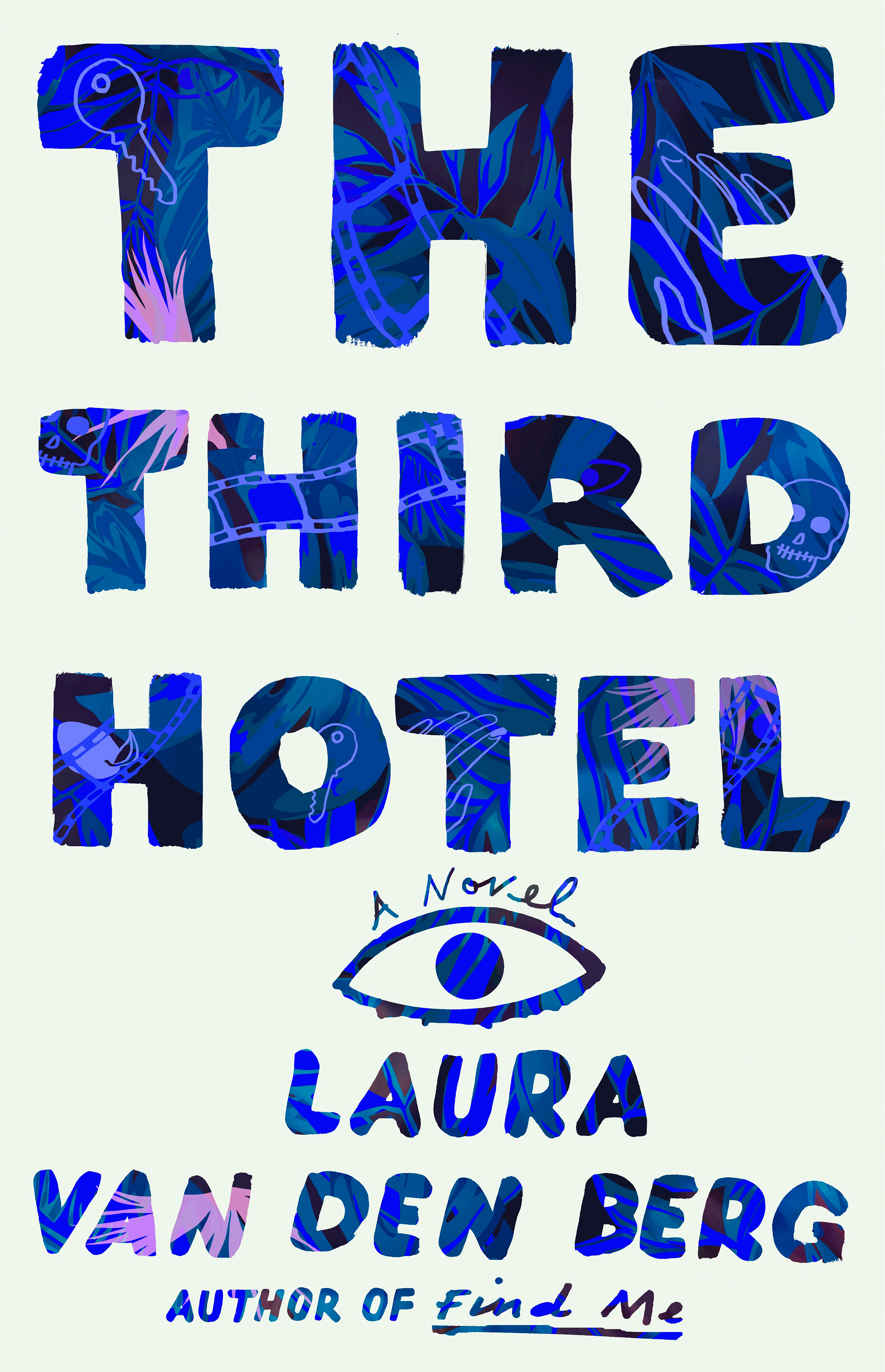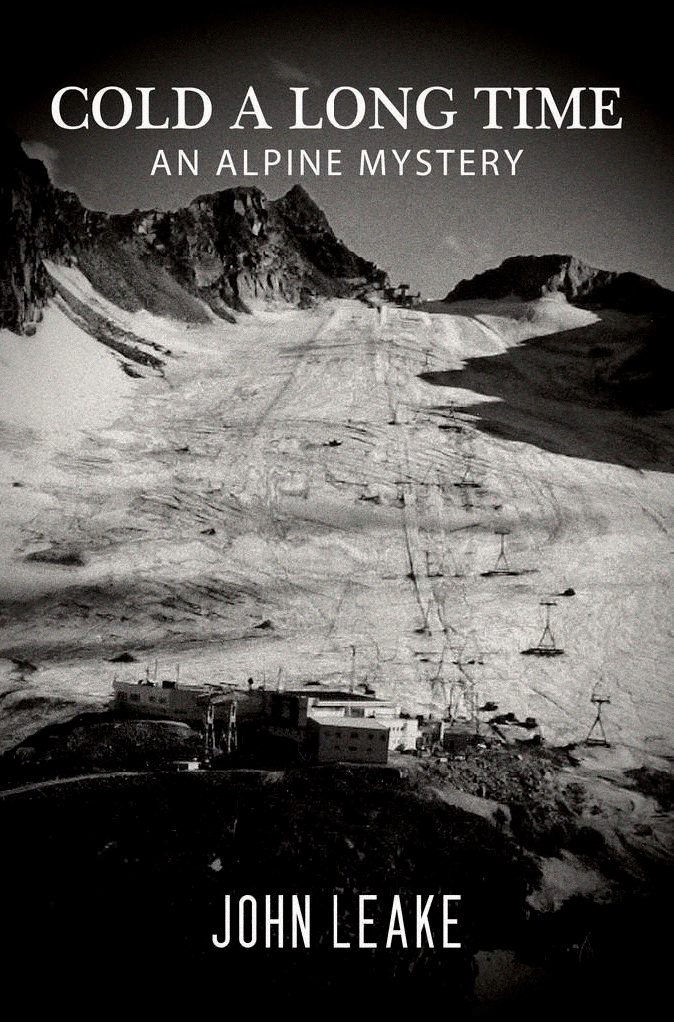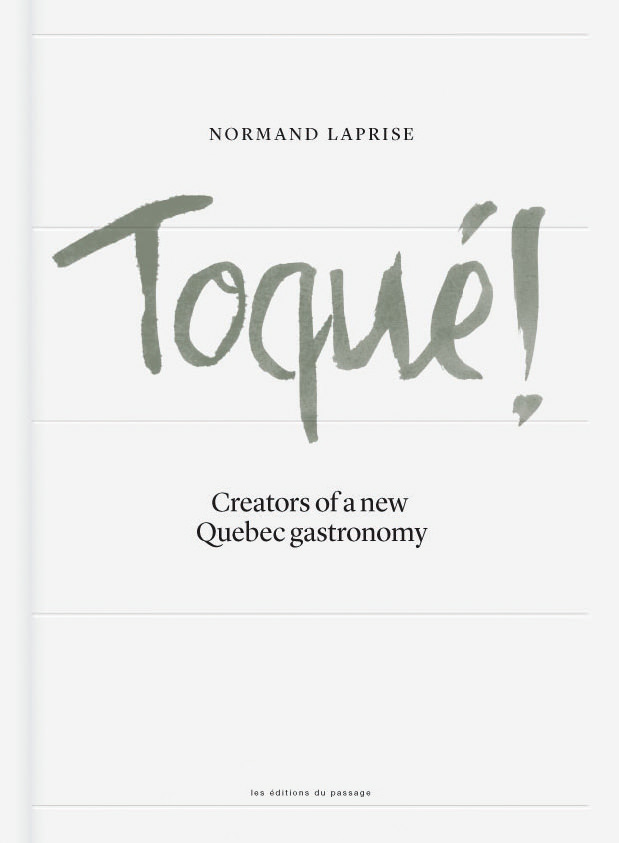Just Our Type: Winter Reads
Essential winter reading.
The Third Hotel by Laura van den Berg
Is it too broad a generalization to say women have a particular, and particularly difficult, relationship to horror, in all senses of the word? From cultural paradigms in genres of various sorts, to the upheavals and catastrophes of history, to the brute fact of having to walk down a street at night, horror could be said to be the tint of the air women are forced to breathe.
Laura van den Berg has borrowed and inverted some of the more blatant tropes and themes of the horror genre, mixed in elements of the psychological thriller, and written a scorching novel of love, loss, grief, and existential dissolution.
The Third Hotel opens with a woman named Clare attending a Latin American film festival in Havana. She has an itinerary, knows her way around, is savvy, observant, and mordantly funny, but something is off; it feels as though she isn’t fully inhabiting her own skin. Van den Berg brilliantly sets up, through sleek, dangerous, veering prose, a mood of psychological suspense before we have any obvious cause for worry or apprehension. We learn early on, through deft, seamless flashbacks to the very recent past, that Clare’s husband, Richard, left their home one evening for his habitual solitary walk—he was an academic, in film studies, specializing in horror—and was hit by a car. Killed in the most obscenely meaningless way. The driver left him to die in the arms of a stranger. Clare has been left with the impossible task of making sense of his death and, by implication, her life as it now
confronts her.
Only weeks after this blinding loss, Clare has come to a festival she was meant to attend with her husband, to meet the director of Cuba’s first horror film, whom her husband was supposed to interview. There’s a wonderful inversion at work throughout The Third Hotel: “horror” as a concept is rendered inert by being studied, discussed, and put up on the big screen, while Clare’s reality—the grief-haunted condition she finds herself in—takes on the dimensions of a living nightmare.
It’s a nightmare into which van den Berg pushes on relentlessly. Clare spots her dead husband on the streets of Havana. Not a look-alike, him. The man she knew intimately and loved devotedly, but kept at a distance—she only now realizes—for reasons she has
yet to face.
Women Talking by Miriam Toews
Almost 10 years ago, a story made a brief appearance in international news. The brevity was understandable; the events had occurred in a smaller South American country, involved members of a religious sect, and contained details so horrifying that even the voyeuristic media seemed happy to drop it quickly. Miriam Toews—one of Canada’s best living novelists—has taken this material and delivered what she calls “both a reaction through fiction to these true-life events, and an act of female imagination.”
The women and girls of a Mennonite colony in an unnamed country have gathered for clandestine meetings over the course of two days in the hay loft of an infirm, older farmer to decide their own fate—indeed, to decide whether or not they have any control over their fates. Their men are spending these days in the city, selling off livestock and goods to raise bail for an incarcerated number of their own. In jail awaiting trial on charges of rape and assault, these men are wanted back in the colony for obscure reasons having to do with “forgiveness”. Or, forgiveness as it might be defined by the very men who set up the conditions that allowed the catastrophic events to be visited on these women. Over the course of years, men in the colony have been attacking women and girls at night, anaesthetizing them, raping and brutalizing them. These women are what we, in contemporary terms, refer to as “survivors”. They range from grandmothers to young women of 16. Not that girls as young as three weren’t also brutalized; it’s just they’ve been deemed too young to participate in the discussion.
The collective of women burdened with their own survival is joined by a single man. August, one of the colony’s few educated adults, is a teacher to the children. Unmarried and held in contempt by other men for his literacy and inadequacy at farming, August is present in the loft as scribe for the women’s proceedings, as none of them can read or write. We’re privy to their thinking only through the mediating scrim of this male clerk.
What Toews does with her constricted framework is nothing short of miraculous. There should be no oxygen here; there should be no room to manoeuvre, fictionally. Every so-called plot point would, in the hands of a lesser writer, be so fraught with ethical pitfalls as to make the book unwritable. Not so with Toews. Women Talking is an astonishing story of the revolutionary power of the simple truth contained in its title: women talking—in men’s absence, in a location that provides physical safety (however temporary), and under their own terms, consensus, and framework. Toews’ newest offering is set to take its rightful place in the canon of important 21st-century books. At a time when the political right is in a violent moment of entrenchment and attack, especially on women’s rights, it’s radically fortifying to know we can still produce writers capable of reminding us that despair isn’t an option. 
_______
Never miss a story. Sign up for NUVO’s weekly newsletter, here.






